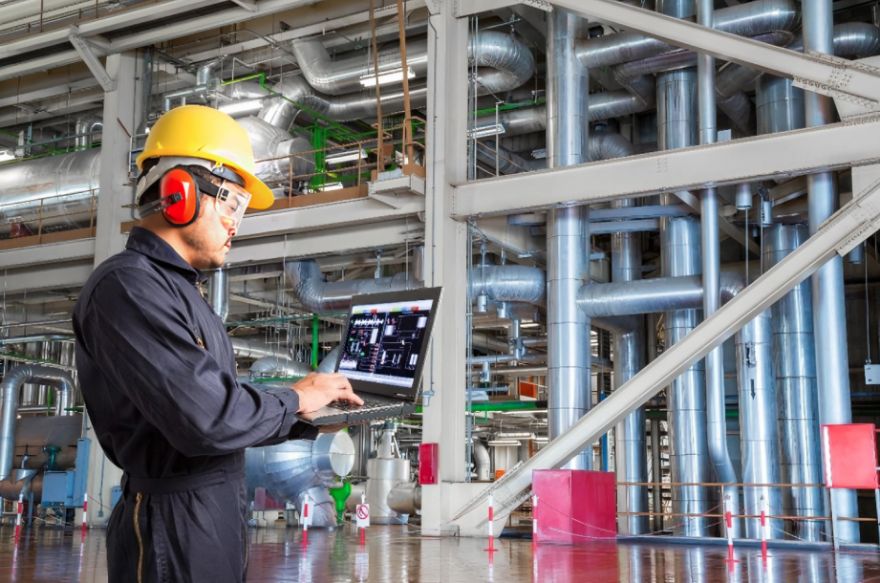
Horsham-based
Vistech Cooling Systems (Vistech), a leading engineering firm specialising in cooling systems for industrial and commercial customers, has launched a performance survey that has already resulted in significant savings for its customers. Following an investment of over £100,000 into cutting-edge technology, equipment and expert personnel, Vistech’s innovative approach has helped clients make big savings — some totalling over six figures — within two years.
Serving industries including chemicals, distilleries, energy, facilities management, and pharmaceuticals, the low-cost performance survey delivers a consultancy-led, data-driven solution to upgrading outdated cooling systems or designing new ones. Vistech’s performance surveys use advanced data collection technology to monitor cooling systems remotely and identify inefficiencies. By mapping out a comprehensive overview of a site’s equipment and operational demands, Vistech can transparently advise clients on tailored solutions, ensuring that businesses are not over-investing in cooling capacity that they do not require.
Vistech managing director Richard Crunden said: “With rising energy costs and evolving legislation pushing industries to adopt more sustainable practices, many manufacturers are still relying on legacy cooling systems that no longer serve their needs. They have invested in more efficient machinery, but without updating their cooling systems they are not realising the full benefits of that investment.
“Our approach is not just about saving energy or water; it’s about creating long-term, sustainable processes that align with the future of manufacturing, saving our clients time, resources and money. We begin by understanding each client’s ‘ground zero’ – we deploy sensors, gather real-time data, and analyse inefficiencies. The results speak for themselves, with some clients achieving between five and six-figure savings."
The benefits of Vistech’s solutions go beyond immediate energy and water savings. By optimising cooling systems, businesses also see reduced labour costs and improved operational efficiencies. These systems ensure optimal production cycles and reduce downtime, further boosting productivity.